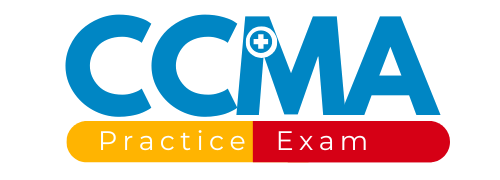CCMA Practice Test 1
Take this CCMA Practice Test to familiarize yourself with the questions asked in the NHA CCMA Exam. This free mock test contains 30 challenging multiple-choice questions for students seeking a career as medical assistants. You’ll see your score and answer key when you submit the last questions on this test.
